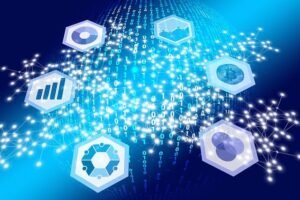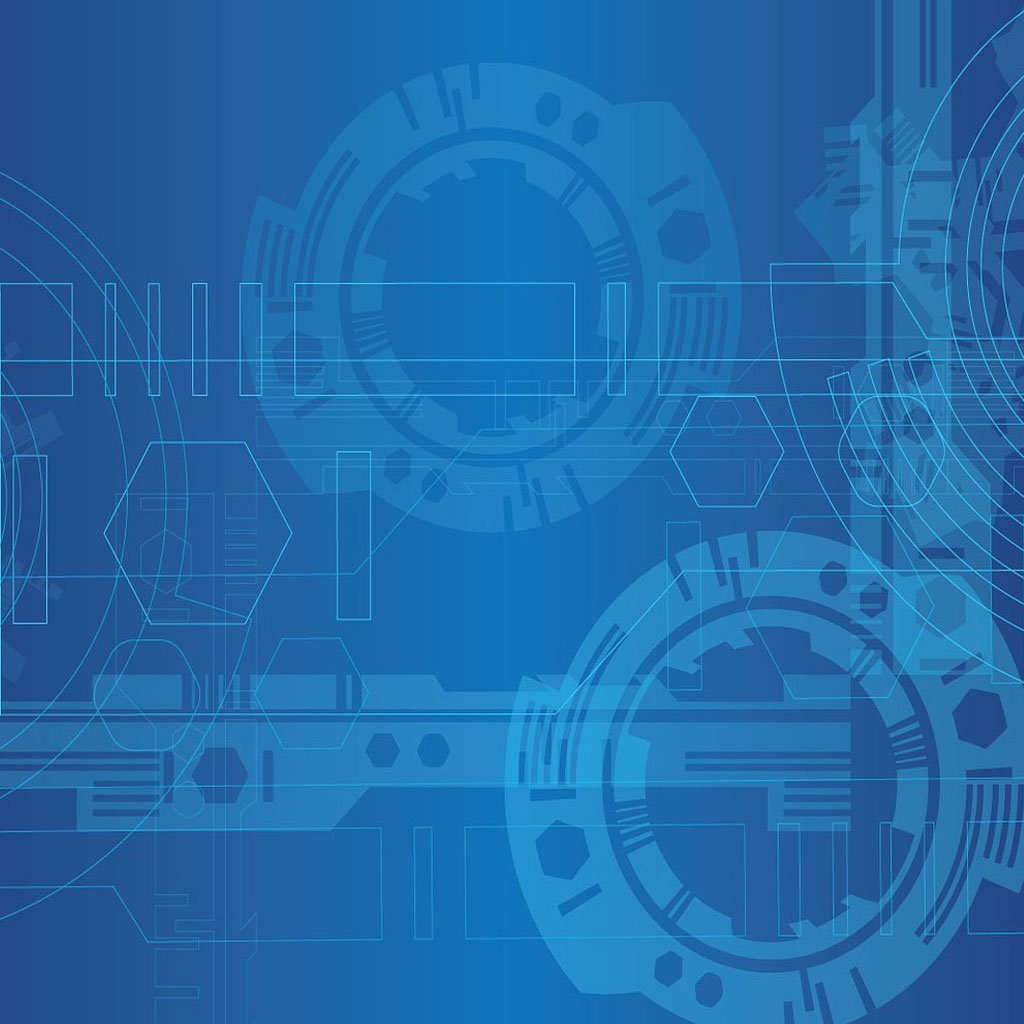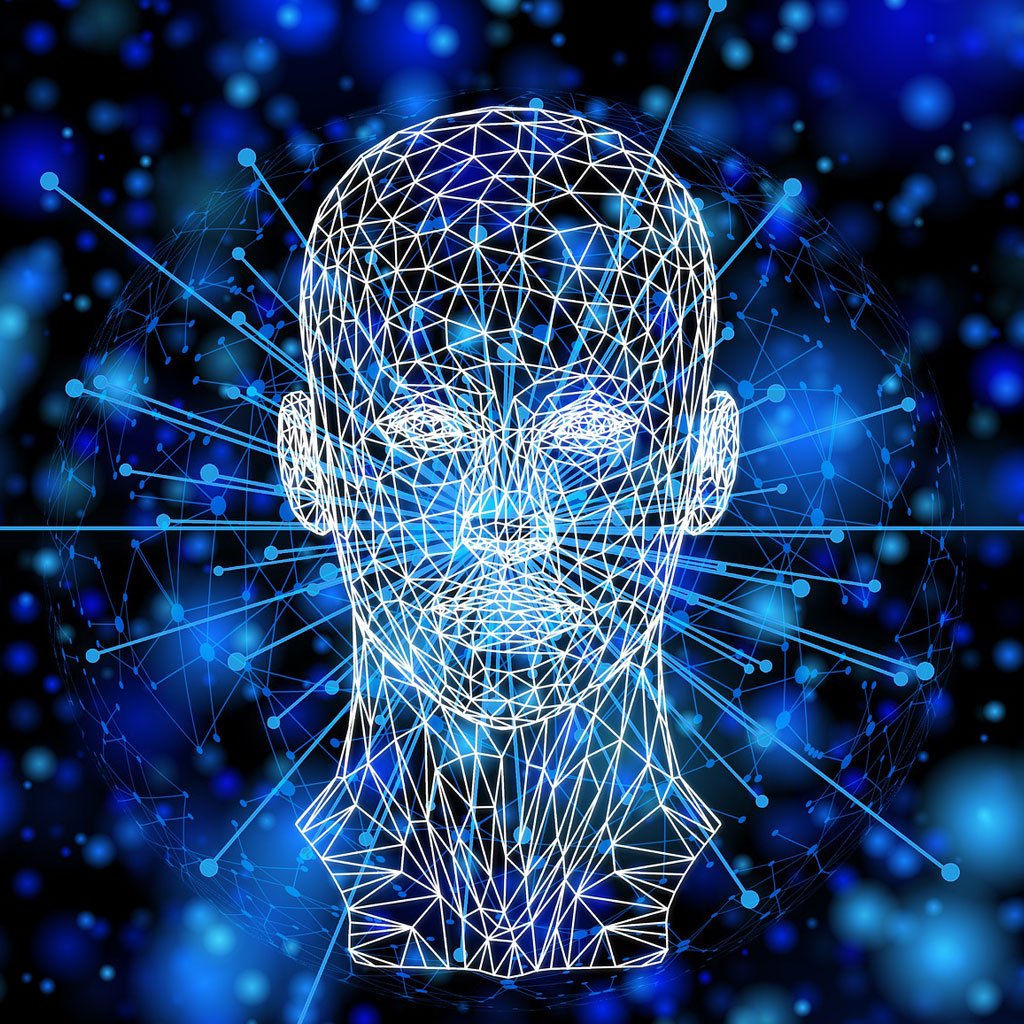Top 20 Emerging Technologies Transforming Our World

The rapid advancement of technology continues to shape the future, driving innovation across industries and fundamentally altering how we live, work, and interact. From artificial intelligence to quantum computing, the following 20 technologies represent some of the most significant advancements that are poised to revolutionize our world.
1. Artificial Intelligence (AI) and Machine Learning (ML)
Artificial Intelligence (AI) and Machine Learning (ML) are at the forefront of technological innovation, enabling machines to perform tasks that typically require human intelligence. AI and ML are used in a wide range of applications, including natural language processing, image recognition, predictive analytics, and autonomous systems. The ability of machines to learn from data and improve over time is transforming industries such as healthcare, finance, retail, and manufacturing.
Applications:
- Healthcare diagnostics and treatment planning
- Autonomous vehicles and drones
- Personalized marketing and customer service
- Financial forecasting and fraud detection
2. Internet of Things (IoT)
The Internet of Things (IoT) refers to the network of interconnected devices that communicate and exchange data over the internet. IoT devices range from smart home appliances to industrial sensors, enabling enhanced automation, monitoring, and control. The proliferation of IoT devices is driving the development of smart cities, connected healthcare systems, and advanced manufacturing processes.
Applications:
- Smart home automation (e.g., thermostats, lighting, security systems)
- Industrial IoT for predictive maintenance and process optimization
- Connected healthcare devices for remote monitoring
- Smart agriculture for precision farming
3. 5G Technology
5G is the fifth generation of mobile network technology, offering significantly faster speeds, lower latency, and greater connectivity compared to previous generations. 5G is expected to revolutionize industries by enabling advanced applications such as augmented reality (AR), virtual reality (VR), and the IoT. The deployment of 5G networks will support the growth of smart cities, autonomous vehicles, and enhanced mobile experiences.
Applications:
- Enhanced mobile broadband with faster download and upload speeds
- Real-time communication for autonomous vehicles and drones
- High-quality streaming of AR and VR content
- Massive IoT connectivity for smart cities and industrial automation
4. Blockchain Technology
Blockchain is a decentralized, distributed ledger technology that enables secure and transparent transactions. Initially popularized by cryptocurrencies like Bitcoin, blockchain has expanded to various applications, including supply chain management, digital identity verification, and decentralized finance (DeFi). The immutability and transparency of blockchain make it ideal for enhancing trust and reducing fraud.
Applications:
- Cryptocurrencies and digital asset exchanges
- Supply chain traceability and transparency
- Smart contracts for automated and secure agreements
- Decentralized finance (DeFi) platforms
5. Quantum Computing
Quantum computing leverages the principles of quantum mechanics to perform computations that are beyond the capabilities of classical computers. Quantum computers have the potential to solve complex problems in fields such as cryptography, material science, and drug discovery. While still in the early stages of development, quantum computing holds promise for breakthroughs in various scientific and technological domains.
Applications:
- Cryptographic analysis and secure communication
- Optimization problems in logistics and supply chain management
- Simulations for drug discovery and material science
- Financial modeling and risk assessment
6. Augmented Reality (AR) and Virtual Reality (VR)
Augmented Reality (AR) and Virtual Reality (VR) are immersive technologies that enhance or replace the physical environment with digital content. AR overlays digital information onto the real world, while VR creates entirely virtual environments. These technologies are transforming industries such as gaming, entertainment, education, and healthcare by providing immersive and interactive experiences.
Applications:
- AR for interactive learning and training
- VR for immersive gaming and entertainment
- AR for enhanced navigation and information display
- VR for medical simulations and therapy
7. Autonomous Vehicles
Autonomous vehicles use a combination of sensors, AI, and advanced algorithms to navigate and operate without human intervention. Self-driving cars, trucks, and drones have the potential to revolutionize transportation and logistics by improving safety, reducing traffic congestion, and increasing efficiency. Companies like Tesla, Waymo, and Uber are at the forefront of developing autonomous vehicle technology.
Applications:
- Self-driving cars for personal and ride-sharing use
- Autonomous trucks for long-haul freight transportation
- Delivery drones for last-mile logistics
- Autonomous public transportation systems
8. Robotics and Automation
Robotics and automation involve the use of machines and software to perform tasks that are typically done by humans. Advances in robotics and automation are transforming industries such as manufacturing, healthcare, agriculture, and logistics. From robotic surgeons to automated warehouse systems, these technologies are enhancing efficiency, precision, and safety.
Applications:
- Industrial robots for assembly and manufacturing
- Surgical robots for minimally invasive procedures
- Automated guided vehicles (AGVs) for warehouse logistics
- Agricultural robots for planting, harvesting, and monitoring crops
9. Biotechnology and Genetic Engineering
Biotechnology and genetic engineering are driving advancements in healthcare, agriculture, and environmental sustainability. Techniques such as CRISPR gene editing allow scientists to modify the genetic makeup of organisms, leading to breakthroughs in disease treatment, crop improvement, and biofuel production. These technologies hold promise for addressing global challenges related to health, food security, and environmental conservation.
Applications:
- Gene therapy for treating genetic disorders
- Genetically modified crops for increased yield and resistance
- Biopharmaceuticals for targeted drug development
- Biofuels and bioplastics for sustainable energy and materials
10. Renewable Energy Technologies
Renewable energy technologies are crucial for addressing climate change and reducing reliance on fossil fuels. Innovations in solar, wind, hydro, and geothermal energy are driving the transition to cleaner and more sustainable energy sources. Advances in energy storage, such as batteries and supercapacitors, are also critical for integrating renewable energy into the grid and ensuring reliable power supply.
Applications:
- Solar photovoltaic (PV) panels for clean electricity generation
- Wind turbines for renewable power production
- Energy storage systems for grid stability and resilience
- Geothermal and hydroelectric power for sustainable energy
11. Edge Computing
Edge computing involves processing data closer to the source of data generation, such as IoT devices, rather than relying solely on centralized cloud servers. This approach reduces latency, enhances real-time processing, and improves data security. Edge computing is essential for applications that require low latency and high bandwidth, such as autonomous vehicles, industrial automation, and smart cities.
Applications:
- Real-time analytics for industrial IoT systems
- Edge AI for autonomous vehicles and drones
- Smart city infrastructure for traffic management and public safety
- Remote monitoring and control for critical infrastructure
12. Cybersecurity Technologies
As cyber threats continue to evolve, cybersecurity technologies are critical for protecting data, systems, and networks from attacks. Advances in AI and machine learning are enhancing threat detection and response capabilities, while blockchain is being explored for secure data storage and transmission. Emerging cybersecurity technologies are essential for safeguarding sensitive information and ensuring digital trust.
Applications:
- AI-driven threat detection and response
- Blockchain for secure data storage and authentication
- Multi-factor authentication (MFA) and biometric security
- Encryption technologies for secure communication
13. 3D Printing and Additive Manufacturing
3D printing and additive manufacturing involve creating objects layer by layer from digital designs. These technologies are revolutionizing manufacturing by enabling rapid prototyping, customization, and on-demand production. From medical implants to aerospace components, 3D printing is being used to produce complex and high-performance parts with reduced material waste.
Applications:
- Rapid prototyping for product development
- Customized medical implants and prosthetics
- Aerospace and automotive components
- Construction and architecture for building design
14. Natural Language Processing (NLP)
Natural Language Processing (NLP) is a branch of AI that focuses on enabling machines to understand and interact with human language. NLP is used in applications such as virtual assistants, chatbots, sentiment analysis, and language translation. Advances in NLP are improving the accuracy and effectiveness of these applications, enhancing user experience and enabling more natural human-computer interactions.
Applications:
- Virtual assistants (e.g., Siri, Alexa) for voice interaction
- Chatbots for customer service and support
- Sentiment analysis for social media monitoring
- Language translation and transcription services
15. Augmented Analytics
Augmented analytics leverages AI and machine learning to enhance data analysis and decision-making processes. By automating data preparation, insight generation, and visualization, augmented analytics enables businesses to gain deeper insights and make data-driven decisions more efficiently. This technology is transforming business intelligence and analytics, making it more accessible to non-technical users.
Applications:
- Automated data preparation and cleaning
- AI-driven data visualization and insights
- Predictive and prescriptive analytics for business strategy
- Enhanced decision-making for various industries
16. Wearable Technology
Wearable technology includes devices such as smartwatches, fitness trackers, and health monitors that collect and analyze data related to the wearer’s health and activity. These devices are becoming increasingly sophisticated, offering features such as ECG monitoring, sleep tracking, and personalized health insights. Wearable technology is playing a significant role in preventive healthcare and fitness.
Applications:
- Fitness trackers for activity and health monitoring
- Smartwatches with health and communication features
- Medical wearables for continuous health monitoring
- AR and VR headsets for immersive experiences
17. Digital Twins
A digital twin is a virtual replica of a physical object, system, or process that is used for simulation, analysis, and optimization. Digital twins are used in industries such as manufacturing, healthcare, and urban planning to model complex systems and predict their behavior. By providing real-time data and insights, digital twins enable more efficient and effective decision-making.
Applications:
- Industrial equipment monitoring and maintenance
- Urban planning and smart city development
- Healthcare for personalized treatment and surgery simulation
- Aerospace and automotive design and testing
18. Voice Technology
Voice technology enables users to interact with devices and applications using natural language commands. Voice assistants such as Amazon Alexa, Google Assistant, and Apple Siri are becoming integral parts of smart homes, cars, and mobile devices. Advances in voice recognition and NLP are enhancing the accuracy and usability of voice technology, making it a convenient and intuitive interface.
Applications:
- Voice-controlled smart home devices
- In-car voice assistants for navigation and entertainment
- Voice search and virtual shopping assistants
- Accessibility tools for individuals with disabilities
19. Smart Grids
Smart grids are modernized electrical grids that use digital communication and automation to enhance the efficiency, reliability, and sustainability of electricity distribution. Smart grids integrate renewable energy sources, enable real-time monitoring and control, and support demand response programs. By optimizing energy usage and reducing outages, smart grids contribute to a more sustainable and resilient energy infrastructure.
Applications:
- Real-time monitoring and management of electricity distribution
- Integration of renewable energy sources (e.g., solar, wind)
- Demand response programs for energy efficiency
- Grid resilience and outage management
20. Genomics and Precision Medicine
Genomics and precision medicine involve analyzing an individual’s genetic information to tailor medical treatments and interventions. Advances in genomic sequencing and bioinformatics are enabling more accurate diagnosis, personalized therapies, and preventive measures. Precision medicine is transforming healthcare by providing treatments that are tailored to the genetic makeup of each patient, improving outcomes and reducing side effects.
Applications:
- Genetic testing for personalized treatment plans
- Cancer genomics for targeted therapies
- Pharmacogenomics for optimizing drug efficacy and safety
- Predictive genomics for disease prevention and early detection
The technologies listed above represent some of the most promising advancements that are shaping the future. From AI and IoT to blockchain and quantum computing, these innovations are driving significant changes across various industries. As these technologies continue to evolve, they will unlock new opportunities, address global challenges, and improve the quality of life for people around the world. Embracing and understanding these technologies will be crucial for businesses, governments, and individuals as we navigate the rapidly changing technological landscape.

